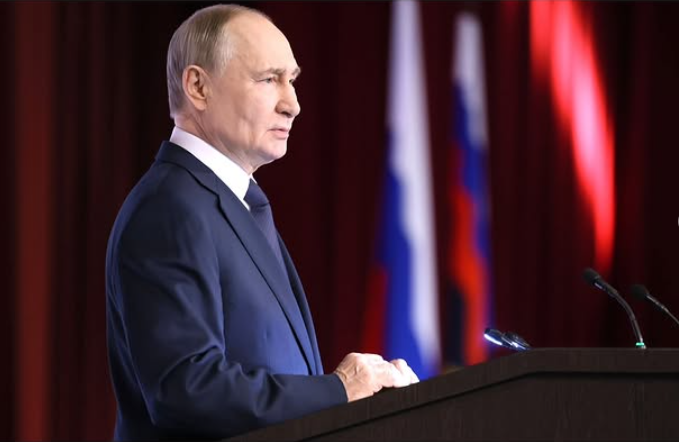[ad_1]
BRUSSELS (Reuters) – British and European Union negotiators exchanged recriminations on Wednesday over a lack of progress in the latest round of talks on Britain’s withdrawal, with both sides demanding change to meet looming deadlines.
Ahead of a planned Thursday morning news conference with his British counterpart David Davis, chief EU negotiator Michel Barnier rejected complaints that his team was too rigidly tied by laboriously agreed guidelines from the member states to find compromises with Britain’s demands for close new relations.
For their part, British officials hotly denied accusations they were too short on ideas and preparation to make progress the EU wants to see on the divorce settlement before the other 27 leaders will agree to launch talks on a future trade pact.
“It’s quite difficult to negotiate with people who don’t seem to have the flexibility that would allow them to negotiate,” one said, echoing Davis’s call for more “flexibility and imagination” from Brussels.
In a pointed tweet, Barnier rejected the suggestion that the guidelines handed to him by the other governments — themselves the product of months of negotiation — were tying his hands. He renewed EU calls for Britain to give more detail on its wishes.
“Guidelines are designed for serious and constructive negotiations but we need clear UK positions on all issues,” the former French foreign minister said. If potential compromises can be identified by the technicians, EU officials say, they can go back to political leaders for approval to cut deals.
With little more than a year left to agree the withdrawal terms and transitional arrangements to avoid disruption to lives and business across the continent when Britain leaves in March 2019, both sides hope an EU summit on Oct. 19-20 can agree that “sufficient progress” has been made to launch free trade talks.
Officials said differences had narrowed on some issues in a divorce settlement that must determine the rights of expatriate citizens, border arrangements, especially on the island of Ireland, and disparate technicalities including legal relations and Britain’s ties with the Euratom nuclear materials treaty.
MONEY TROUBLES
However, a gulf remains over EU demands that Britain pay possibly 60 billion euros (£55.2 billion) on departure. British negotiators presented on Tuesday their legal analysis of what London accepts will be some post-Brexit obligations to the EU.
Though neither side is advancing hard figures yet, the British rejected what they called a sweeping “top down” approach from the EU and argued for a more detailed, “bottom up” review based on diverse legal arrangements across many budget areas.
Britain would like to see the pace of direct talks stepped up, beyond the roughly monthly schedule agreed in July. Two more week-long rounds are scheduled before the October summit. Davis also wants Barnier’s team to loosen their refusal yet to discuss future trade arrangements, arguing that this hampers progress on agreeing some divorce elements, such as the Irish land border.
A source close to Barnier stressed that the EU was willing to discuss the future relationship once “sufficient progress” — a deliberately vague concept — is made. That could, the source said, help resolve complaints from Britain, such as about an EU refusal to agree now that British tourists could keep EU cards that give them easy access to medical care across the Union.
Several officials offered downbeat assessments of progress — “awful” was the verdict of one EU diplomat. However, others cautioned that results this week were never expected to be great and said both sides are still figuring out exactly what the other wants and where potential areas for trade-offs will lie.
While many doubt a breakthrough by October — some senior EU officials see Prime Minister Theresa May spoiling for a bust-up with her counterparts — some EU diplomats close to the process cautioned against too deep a pessimism.
The EU executive has a track record of creative deal-making and the 27, while demanding much from Britain, also do not want to see it depart in chaos.
And while Barnier’s boss, European Commission President Jean-Claude Juncker, blasted as inadequate a series of British proposals over the summer, one senior official said they showed signs May was trying to prepare public opinion for compromises that may disappoint many Britons who voted for Brexit last year.
“We need to be careful not to be too negative about these papers,” he said. “You can say a lot of things about the Brits, but they ain’t dumb … Even if we are very disappointed with where we are … maybe it’s about creating a haze, under the cover of which you can turn the ship around.”
Guy Verhofstadt, the European Parliament’s Brexit point man, told fellow EU lawmakers on Wednesday that while he dismissed many British proposals — a call for an “invisible” border in Ireland was “surrealist”, he said — he believed that May’s threat of walking out without any deal had now firmly receded.
Reporting by Alastair Macdonald and Gabriela Baczynska Additional reporting by Jan Strupczewski Editing by Jeremy Gaunt
[ad_2]
Source link






Leave a Reply